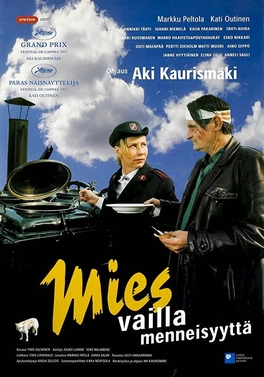 Social media is great for notifying members in one’s circle of events in the here and now. Of course, most events turn out to be rather trivial, of the “what I ate for dinner” kind. However, social media also has a role in spreading word of more momentous social and political events; the Arab Spring comes to mind.
Social media is great for notifying members in one’s circle of events in the here and now. Of course, most events turn out to be rather trivial, of the “what I ate for dinner” kind. However, social media also has a role in spreading word of more momentous social and political events; the Arab Spring comes to mind.
But, while Twitter and its peers may be a boon for those who live in the present moment and need to transmit their current status, it seems that our social networks are letting go of the past. Will history become lost and irrelevant to the Twitter generation?
A terrifying thought.
[div class=attrib]From Technology Review:[end-div]
On 25 January 2011, a popular uprising began in Egypt that led to the overthrow of the country’s brutal president and to the first truly free elections. One of the defining features of this uprising and of others in the Arab Spring was the way people used social media to organise protests and to spread news.
Several websites have since begun the task of curating this content, which is an important record of events and how they unfolded. That led Hany SalahEldeen and Michael Nelson at Old Dominion University in Norfolk, Virginia, to take a deeper look at the material to see how much the shared were still live.
What they found has serious implications. SalahEldeen and Nelson say a significant proportion of the websites that this social media points to has disappeared. And the same pattern occurs for other culturally significant events, such as the the H1N1 virus outbreak, Michael Jackson’s death and the Syrian uprising.
In other words, our history, as recorded by social media, is slowly leaking away.
Their method is straightforward. SalahEldeen and Nelson looked for tweets on six culturally significant events that occurred between June 2009 and March 2012. They then filtered the URLs these tweets pointed to and checked to see whether the content was still available on the web, either in its original form or in an archived form.
They found that the older the social media, the more likely its content was to be missing. In fact, they found an almost linear relationship between time and the percentage lost.
The numbers are startling. They say that 11 per cent of the social media content had disappeared within a year and 27 per cent within 2 years. Beyond that, SalahEldeen and Nelson say the world loses 0.02 per cent of its culturally significant social media material every day.
That’s a sobering thought.
[div class=attrib]Read the entire article after the jump.[end-div]
[div class=attrib]Image: Movie poster for the 2002 film ”The Man Without a Past”. The Man Without a Past (Finnish: Mies vailla menneisyyttä) is a 2002 Finnish comedy-drama film directed by Aki Kaurismäki. Courtesy of Wikipedia.[end-div]
